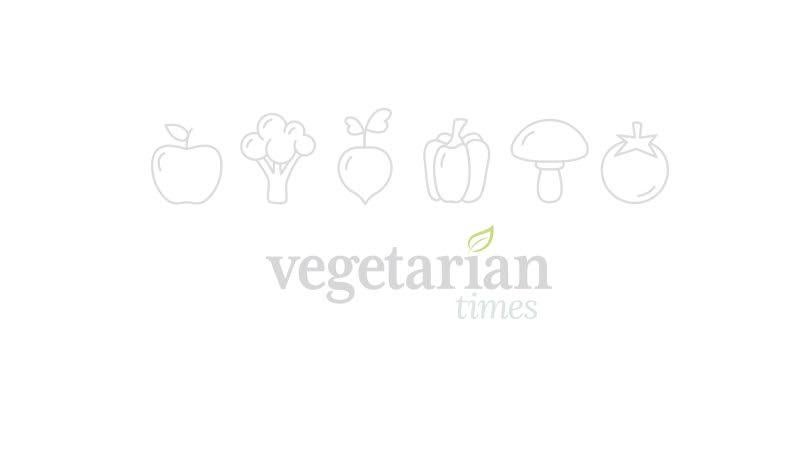Book Report: Q&A with American Wasteland author Jonathan Bloom

Believe it or not, Americans throw away nearly half of all the food we produce. That means half a pound of wasted food per person every day, much of it totally edible (if a little bruised, misshapen, or otherwise funny-looking), according to Jonathan Bloom, Wastedfood.com blogger and author of the new book American Wasteland. In addition to exploring why this happens on a large scale in fields, supermarkets, cafeterias, and restaurants, Bloom offers simple waste-reduction suggestions for the home, like sticking to grocery lists and shopping for fruits and veggies last to avoid impulse buys. Below, he shares a few of his favorite tips.
Q: First off, why are we so wasteful?
A: The short answer is that food is abundant and cheap in America. We produce roughly twice the amount of needed calories. And while food prices have risen in the last few years, the percentage of household spending on food remains lower here than in any other nation. As a result, we dont value food as much as we could and should.
Q: What can consumers do to cut down on waste?
?A: The single most important remedy for trimming our waste is not buying too much food. That way, we dont put ourselves in the position where we cant use everything before it goes bad. One tip of note, especially for vegetarians, is that processed or cut produce will go bad faster than whole fruits and vegetables. Most bagged greens have gases in them modified atmosphere packaging to prolong their shelf life. Once opened, though, they deteriorate quickly.
Q: Fresh fruits and vegetables seem to spoil as soon as we buy them. Any advice?
A: Fresh produce tends to be quite delicate and easily bruised. Fruits and vegetables are also sensitive to temperature shifts. And then you throw in the beautiful, uniform appearance most stores require, and its a wonder that any fruits and vegetables make the cut. We can do a better job storing our produce. Mostly, that means keeping items in our fridges crisper. Also, we need to make friends with our paring knives. One bad spot or leaf shouldnt doom produce to the trash.
Q: You urge people not to throw away food based on expiration dates. How can you tell if something is still good or not?
A: Theres plenty of caution built into those expiration dates. And, as one supermarket produce manager told me, expiration dates are like suggestions. If you keep that in mind and trust your senses (of smell, sight, taste), youll be fine. For those of you who are not sure if youll be able to tell when something has gone bad Im confident you will. Plus, foods dont become inedible overnight. Things lose their flavor long before they become dangerous to eat.
For more food storage advice, check out VT’s Produce Storage Guide.And, if you have any tips and tricks of your own for storing produce, please comment below and see what others have to say too.